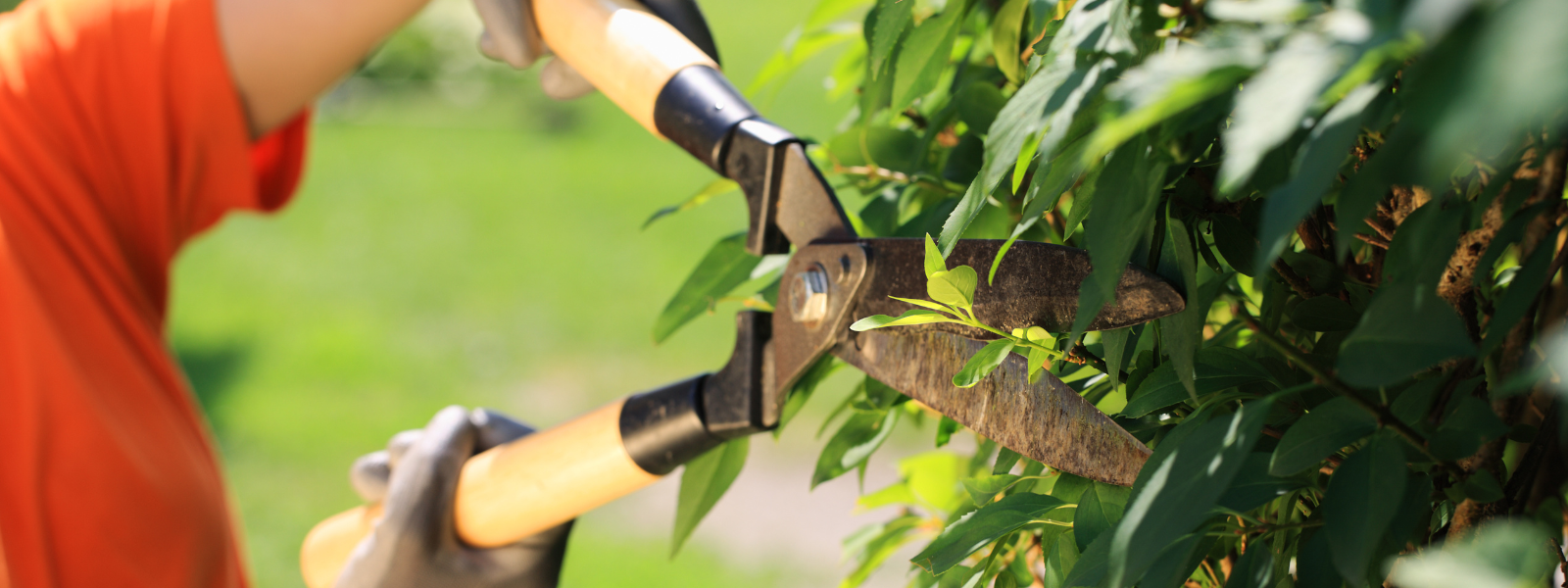
Caring for Your Cherry Laurel Hedge
Welcome to your guide for nurturing a thriving Cherry Laurel hedge! Known for its glossy evergreen leaves and vigorous growth, the Cherry Laurel (Prunus laurocerasus) is a popular choice for creating beautiful and effective garden boundaries. This guide provides essential tips on watering, feeding, pruning, and general care to ensure your Laurel hedge stays healthy and looks its best throughout the year. By following these simple steps, you can enjoy the many benefits this versatile hedging plant offers for years to come. Let's delve into the best practices for maintaining your stunning Cherry Laurel screen.
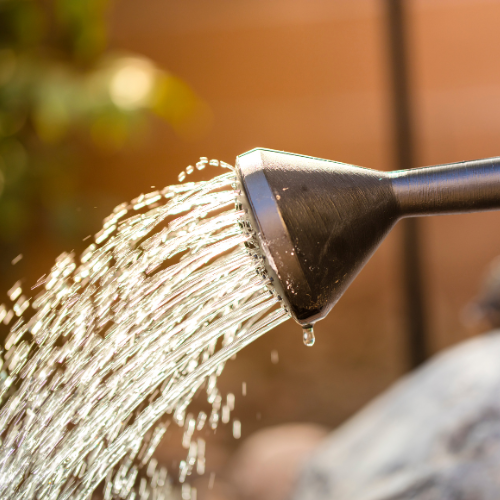
Watering
Water Cherry Laurel hedges regularly during their first year, especially in dry periods, to help them establish a strong root system. Once established, they are relatively drought-tolerant but will benefit from watering during prolonged dry spells.

Feeding
Apply a balanced general-purpose fertiliser in spring to encourage healthy growth. Follow the manufacturer's instructions for application rates.
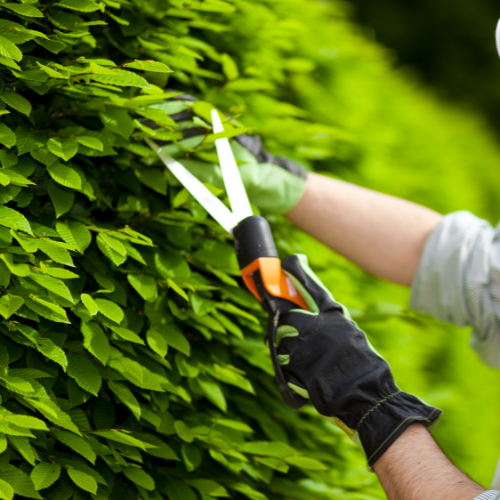
Pruning
Cherry Laurel responds well to pruning and can be trimmed to maintain a formal shape or left more natural.
Timing: The best time to prune is in late spring or summer after the new growth has flushed. Avoid pruning in late autumn or winter.
Method: Use sharp shears or a hedge trimmer to trim the sides and top of the hedge to your desired shape and height. For a dense hedge, ensure the base is slightly wider than the top to allow sunlight to reach all parts of the plant. Regular trimming will encourage bushier growth.
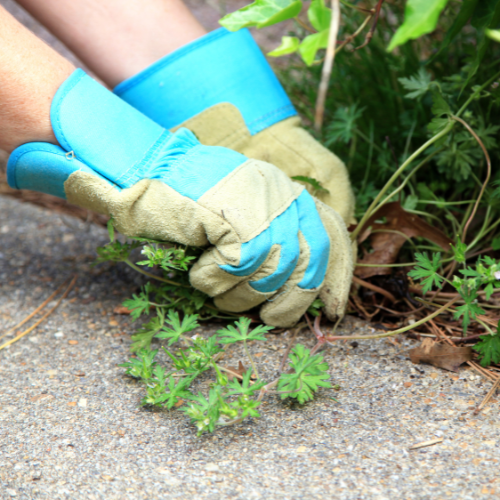
Weeding
Keep the area around the base of your Cherry Laurel hedge free from weeds, especially when the plants are young. Weeds compete for water and nutrients. Hand weeding is usually sufficient.
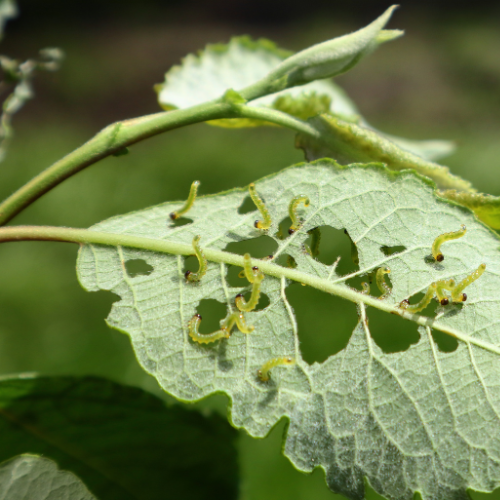
Pest and Disease Control
Cherry Laurel is generally a robust plant, but it can occasionally be susceptible to certain pests and diseases. Regularly inspect your hedge for any signs of problems, such as leaf discoloration, spots, or insect infestations. If issues arise, identify the specific problem and take appropriate action using suitable horticultural remedies. Good airflow, achieved through proper spacing and pruning, can help prevent many common problems.
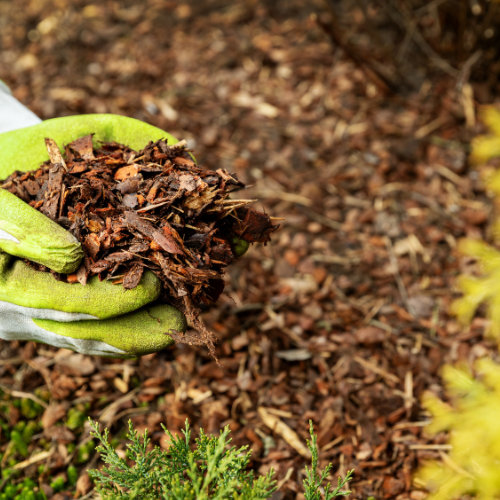
Mulching
Applying a mulch of well-rotted organic matter around the base of the hedge in spring can help to retain soil moisture, suppress weeds, and gradually release nutrients into the soil. Ensure the mulch does not directly touch the stems of the plants.
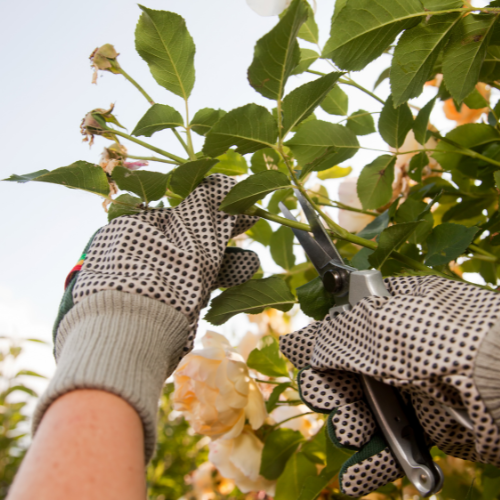
Protection
While generally hardy, young Cherry Laurel hedges may benefit from protection from harsh winds or severe frost in their first year or two. You can use temporary windbreaks or horticultural fleece if necessary.
